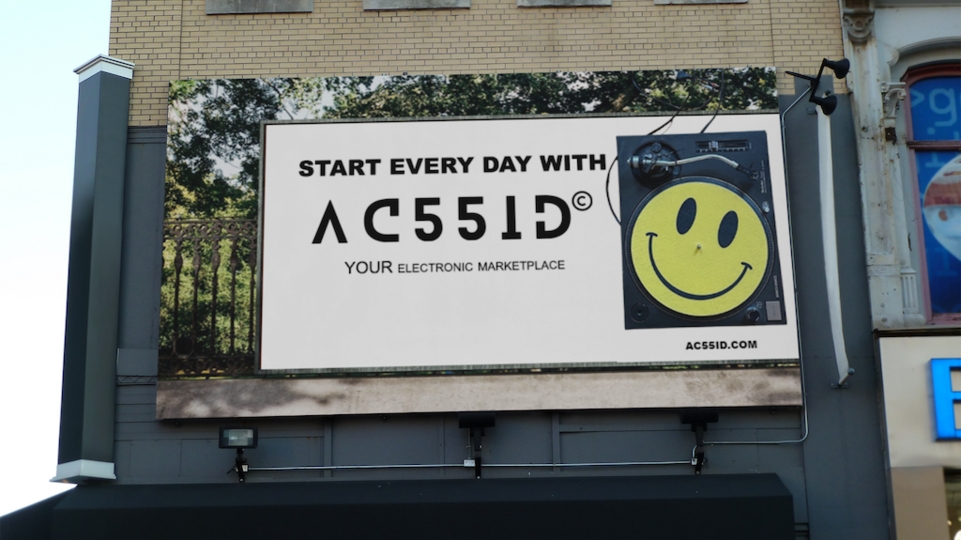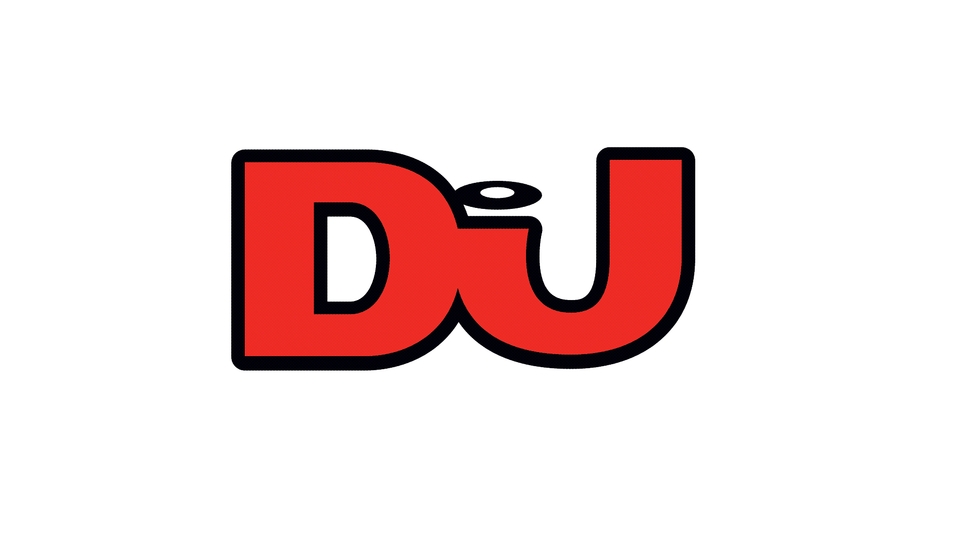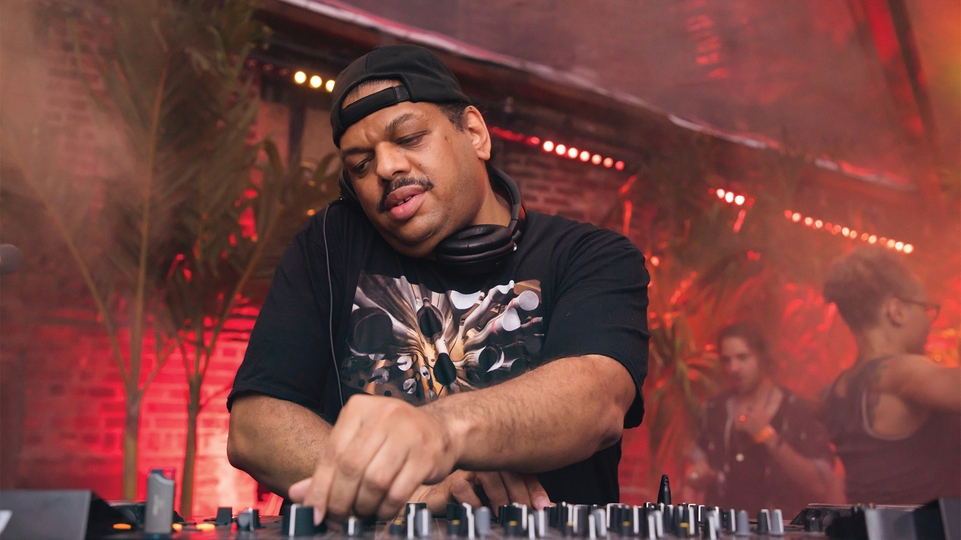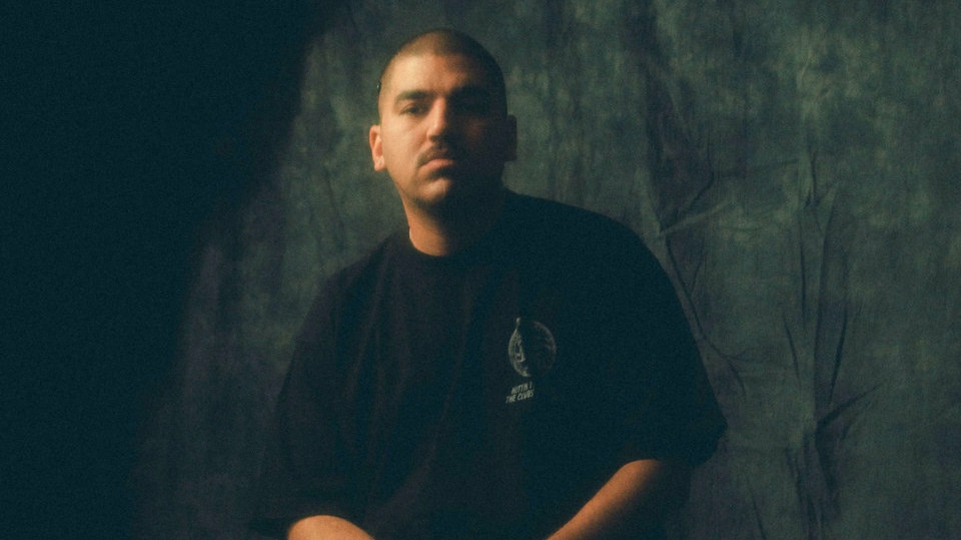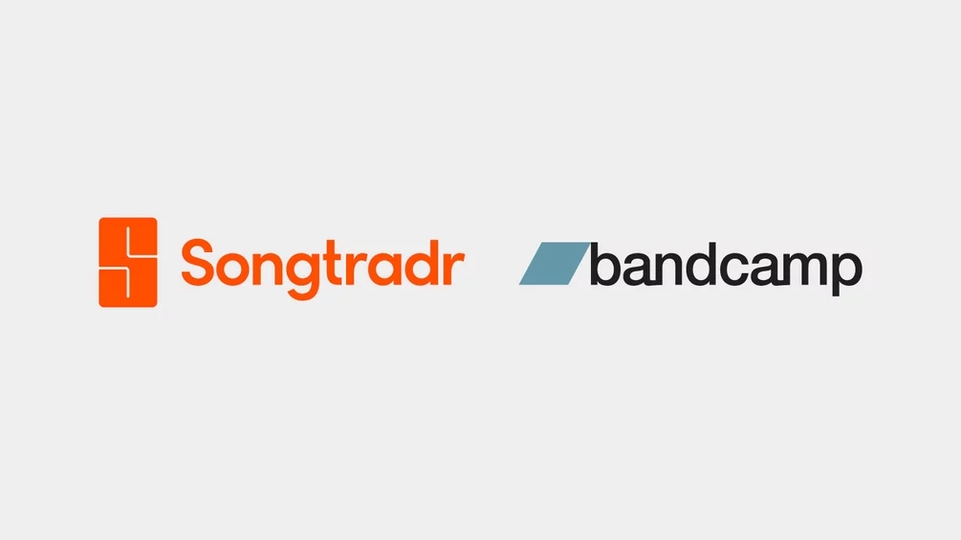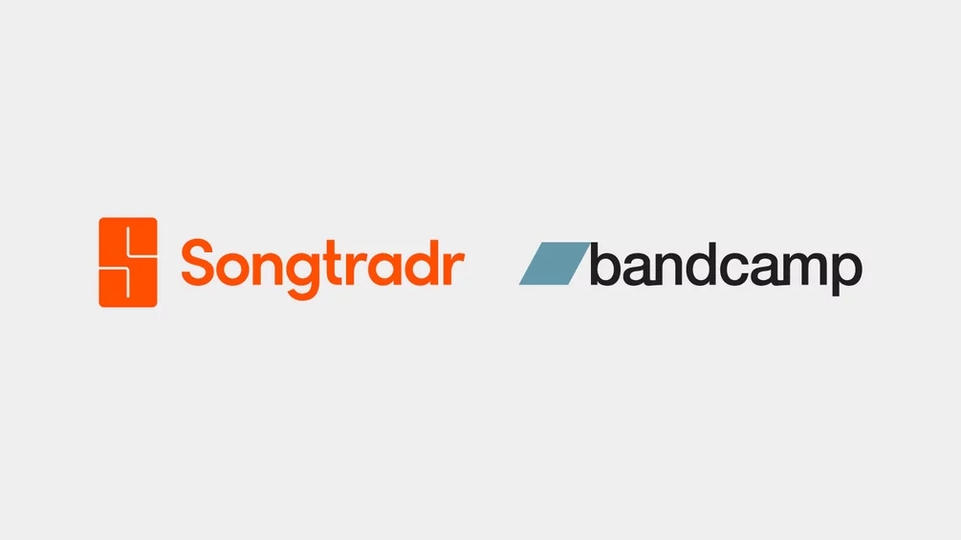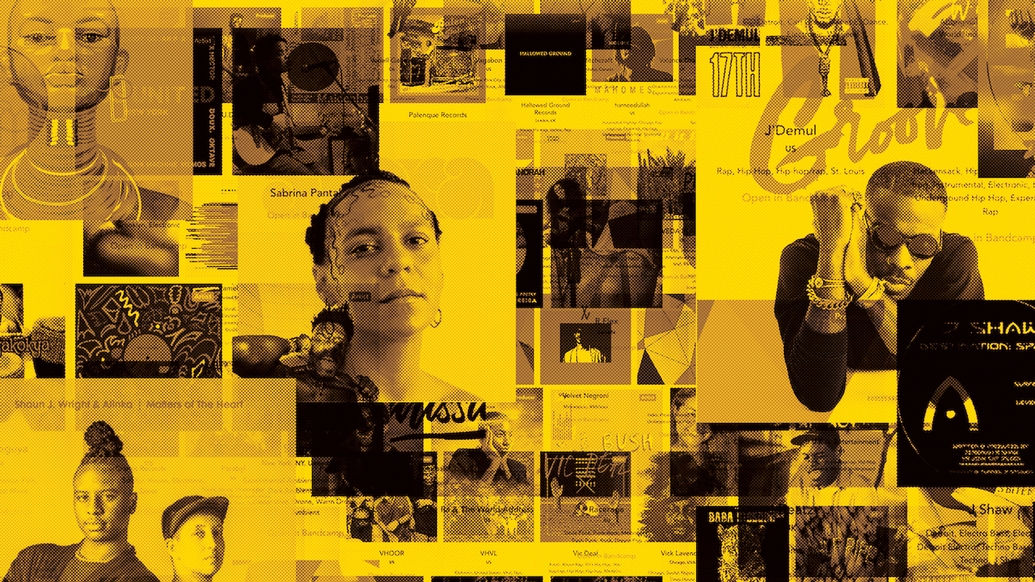
Black Band Camp: How a volunteer project is becoming a vital new platform for Black artists
One of the most exciting new digital projects to emerge this year, Black Band Camp (blackbandcamp.info) is a volunteer-run, community-driven database for showcasing and directly supporting Black artists. What started out as a Google sheet shared between friends and peers has quickly become an industry-wide platform; a fully integrated website of over 2,400 multi-genre, globally-placed Black artists. We spoke to one of the organisers, NIKS, about the project
Who runs Black Band Camp?
“Black Band Camp began with a core group of friends of DJs, producers and underground electronic music enthusiasts, but we have grown, with volunteer developers, data input analysts, writers, project leads and designers giving their time. To be super clear; we are not affiliated with Bandcamp themselves — an understandable misconception! — and we’re run with representation in Europe, the USA, Africa, the Pacific Oceans and South America.”
What kind of roles do you all take on?
“Given how quickly and unexpectedly this has grown in a month, it varies. One day could consist of back-to-back screening of submissions and uploading them to the site. This is mainly around Bandcamp Days, when submissions go through the roof. We have writers working on interviews, opinion pieces, articles and reviews. We have five exceptional developers who built the site from the former sheet, and are constantly analysing and making improvements to the site. We’ve been approached by so many different platforms from the scene, so most of our focus is on working on different initiatives. Given that we’re all spread across six time zones, the work literally never stops. But the entire project has been kept alive by the international community, who have been circulating and submitting to the site, and the artists themselves.”
What kind of response has Black Band Camp had from the artists themselves, listeners, and other music- and tech-related platforms?
“Oh wow — this is the most humbling part. We have been overwhelmed with nothing but positivity. It’s as if the entire industry had been waiting for something like this. It’s the messages we receive from artists, users and huge publications thanking us for building such a needed platform. We receive a lot of messages from producers saying how much they have seen an increase in their music purchases since the creation of the site. It feels as though people are so excited by it, particularly with the recent rhetoric around Black lives. The wider music industry has been extremely supportive, and I hope that this level of enthusiasm is not only around in-so-far as the heightened feeling of ‘Black lives matter’ during a global pandemic suffices, but continues everyday.”
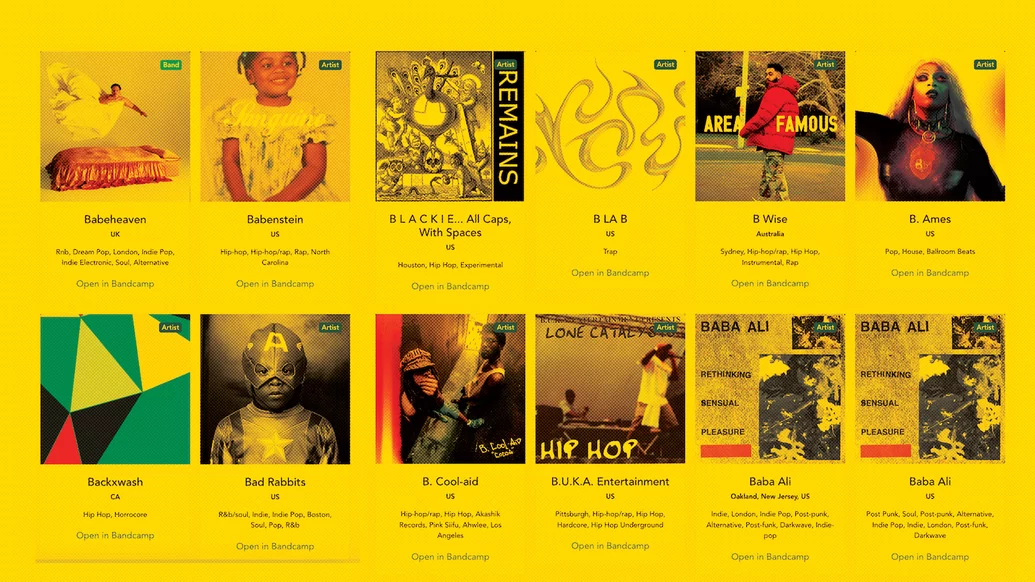
How were you able to create an independent platform that integrates Bandcamps’ stock and cataloging? And is this a model that you could see, or even recommend, others replicating for different music buying and streaming platforms?
“We happened to call the sheet ‘Black Band Camp’ in line with the June Bandcamp Day, an obvious indicator that it was to spotlight Black artists. Given that Bandcamp is currently the only music streaming platform that is giving artists the opportunity to directly benefit from purchases, and directly supporting charities (including NAACP), we felt that submissions including Bandcamp links would directly benefit the artist. From a technical lens, much of the integration was done using the information provided through submissions and our sheet into a process of scraping.
“Just before the Juneteenth Bandcamp Day, senior developers and social media managers from Bandcamp reached out to us. They expressed how in love with the site they were and that they presented it to their CEO, who thought it was an amazing tool. From this, Bandcamp created a tag on their site that integrates information between the two sites. This will hopefully allow us to track the numbers of people who have visited and purchased music from Black artists directly through our site.
“It feels as though Bandcamp is the only music platform that’s particularly supported artists and charities during these difficult times, so I’m unsure if, from an ethical perspective, people would want to replicate this model for different buying and streaming music platforms who are simply not supporting artists in the same way. That’s not to say it cannot be done. If others see another, more ethical platform that they can further support artists with in using this model, then they should do this. Any way to support Black artists during these times cannot be knocked. But I would be careful of not further amplifying already potentially exploitative streaming platforms.”
Black ownership is a major issue, and music buying and streaming platforms are no different. Would a Black- owned and -focused platform be a project that you’d like to work towards?
“You’re correct — how many Black-owned labels or music- buying and streaming platforms can you name? It’s a universal issue, but it’s a slap in the face because we all know of the marginalised communities who were right there at the birth of this scene, who have been constantly dismissed, overlooked, underpaid and disregarded, by what now feels like a whitewashed and Eurocentric industry that has done so little to give back to the communities that started it all.
“The fact that a majority of labels are white-owned, and those financially benefiting from this are white, should be the first layer to peel back and tackle. After only a month of existing, we are so far ahead of other major dance music publications. We are Black-owned and now have a majority Black workforce. From a Western or British lens, there is work to be done in terms of representing the wider Black diaspora: not just from the EU, USA or G8 regions, but from all regions; for me, that will truly allow this project to feel wholly Black-owned.
“It’s time to restructure the current systems of big players within dance music, which are predominantly monopolised by white males. If I am able to grow the size of this platform, this will allow us as a people to take back what is truly ours.”
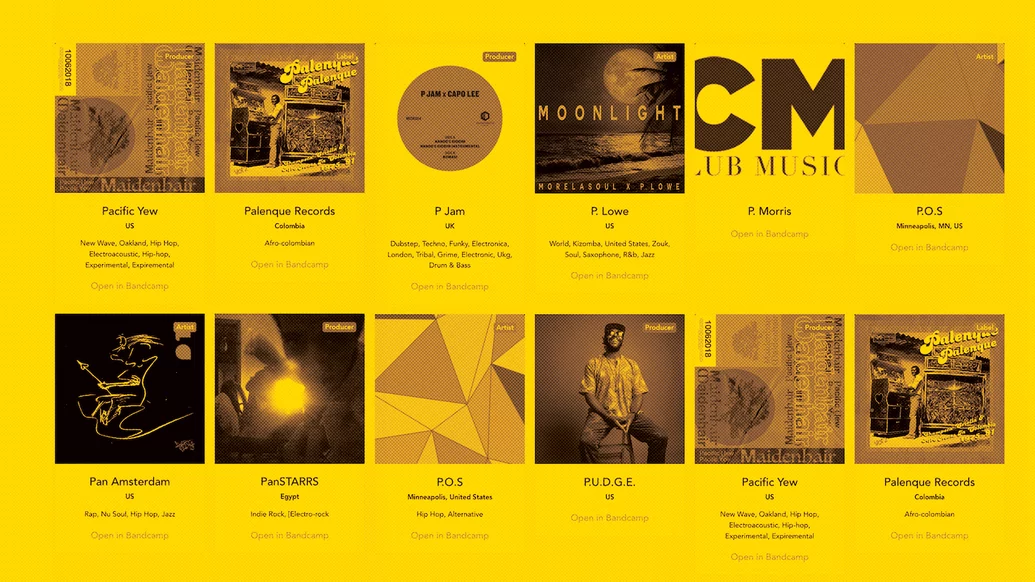

What experiences have the creators of Black Band Camp had in terms of being paid fairly and not fairly for their music, and did these experiences directly inspire them to be involved in the project? And has having their music on Black Band Camp seen an increase in people buying their music directly from them?
“Involvement with Black Band Camp is driven by a community mindset, and with the hope that the Black artists can be more discoverable through the platform for the amazing work they create. I strongly believe we are all equal and all deserve fair pay for our work: it is a wake-up call to the industry to realise how vast and expansive the music community is, and consider their demographics on their festival bookings and label catalogues; I have found myself being the only Black artist booked for a festival. There has been an increase in the number of people supporting the music of one of our core Black members directly through this site. It’s humbling to see so many people supporting Black artists and my hope is that this goes on every day.”
And within that, how do you think more music platforms can financially and editorially push Black artists in authentic ways?
“We can already see such a remarkable enthusiasm for Black dance music largely because of the unbelievably exciting and innovative releases coming out right now. I am thinking in particular of the two Haus of Altr compilations, the new SHYBOI and the new Loraine James EP. These artists have generated such a huge response purely through the quality of their own work. The burden now is on music platforms to respond to that enthusiasm by actually paying attention, instead of trying to market music in the same ways that they always have. Bandcamp provides a less exploitative infrastructure for artists to sell music, but the real work is being done by the artists themselves.”
Do you have any plans to change or grow Black Band Camp soon?
“Well first and foremost, change the name! Black Band Camp is the name that everybody knows it as, but we’ll be changing that. We have exciting collaborations and projects for 2020, which you’ll all see or hear about soon.”
Is there a way that readers can support Black Band Camp today?
“Continue to explore the site to discover new Black artists, producers and labels and buy their music. Continue to play Black music on radio, live streams and, once we are back out in the world, at clubs and festivals. Use our site for booking purposes. No major festival, promoter or booker should have any excuse to not have a far more balanced line-up moving forward. We and the artists have done all of the ground work, all you need to simply do is book artists.
“And I don’t just make this suggestion, for this to be done in a tokenistic or forced way. Does this artist genuinely reflect the sound that your party, festival or platform push? Are you an actual fan of this person? The idea is that having Black DJs, artists and producers at the forefront of your mind becomes normalised, and not an additional chore or tick box. By all means, no one should feel obliged or coerced into booking someone just because they are Black, no. But it is an issue if in your circle of potential artists to book, little to none of them are Black.”
